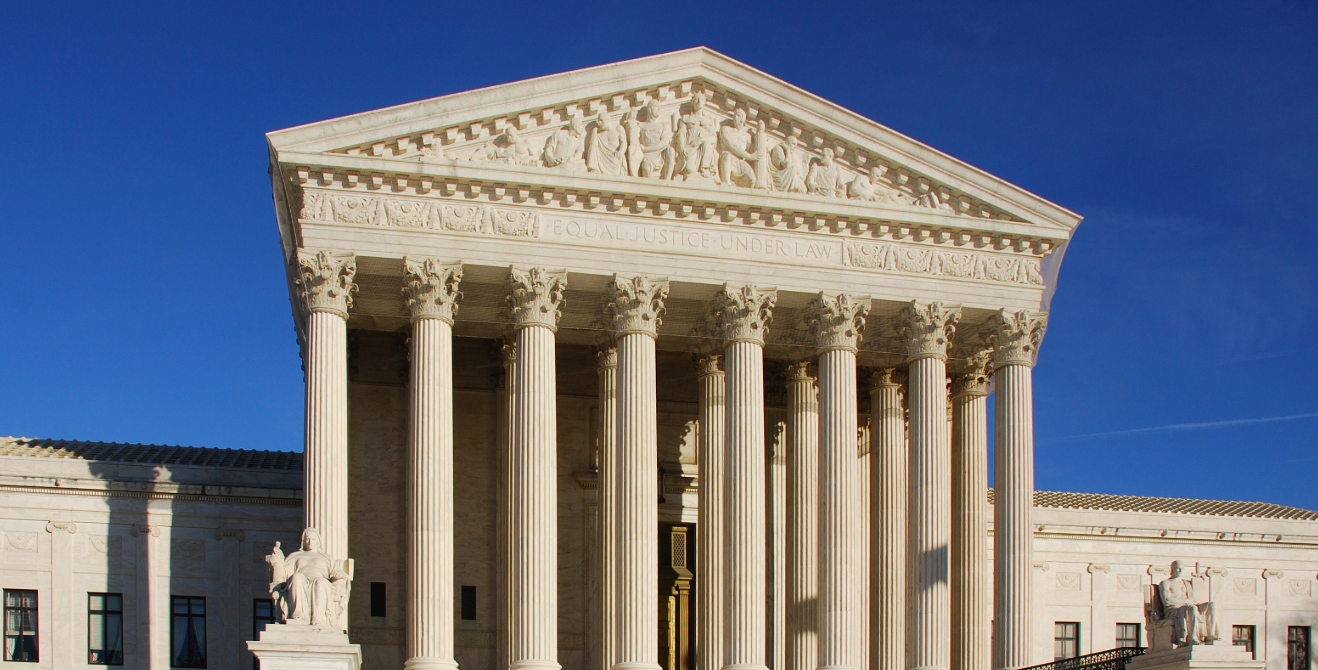
Four years after a group of Pacific islanders from a U.S. territory began fighting for full rights as citizens, the fight is heading to the Supreme Court. Civil rights advocates say that even as they lost the latest round of court challenges, they are encouraged by the words of some federal judges appearing in recent opinions.
Within the past few days, a federal appellate court rejected a bid by plaintiffs to have a court panel’s denial reviewed. Advocates with the group Equally American said they would go to the highest court in the land. Plaintiff John Fitisemanu has been demanding birthright citizenship since 2018.
A federal judge in Utah initially ruled in favor of the plaintiff, who called it unfair to deny him the right to vote in local elections and apply for federal jobs. Then a group of officials in American Samoa filed an appeal in the case of Fitisemanu vs. United States, saying it’s up to Congress to declare the rights of those living under the American flag.
The case then went to the U.S. Appeals Court for the Tenth Circuit, where a three-judge panel reversed the lower court ruling. Lawyers representing the plaintiffs then moved for a full appellate review.
A release issued Tuesday by Neil Weare, founder and president of the civil rights organization Equally American, announcing the decision to continue Fitisemanu’s fight featured remarks by Charles Ala’ilima, the plaintiff’s lawyer. “American Samoa’s traditional leaders who transferred sovereignty over the islands to the United States had very good reason to believe that after this event, anyone born in American Samoa were citizens of the United States,” he said.
The rights of Samoans living in the U.S. territory differ from others living in Insular Areas, including Virgin Islanders. For example, Americans living in Puerto Rico, Guam, the V.I., and the Northern Mariana Islands can qualify for federal jobs and vote in their relocated homes on the mainland.
But advocates say a disadvantage for one set of people living outside the mainland should be viewed as a disadvantage for all.
“As noted by the two dissenting federal judges, the constitutional issues here are of great significance not just to American Samoans but to all the Territories because Congress is purporting to deny a constitutional right to citizenship to people born in these areas despite their birth on sovereign U.S. soil,” the plaintiff’s lawyer said.
And Ala’ilima – like Weare – cited dissenting opinions written by Tenth Circuit Judges Robert Bacharach and Nancy Moritz as reasons to keep up the legal fight. The two judges expressed the “exceptional importance” of addressing Constitutional issues linked to birthright citizenship.
Plaintiffs in the Fitisemanu case have 90 days from the latest ruling to make their bid for a high court review. Weare said there’s no way to predict whether or when the Supreme Court will decide to accept the case, hear arguments, and ultimately rule on the rights of American Samoans.






“American” Samoa is actually not an integral part of the United States and it retains an associated rather than integral status because the majority of Samoans living there want it that way. The majority of the Samoans who are complaining do not live in American Samoa. If American Samoa were to become integral American citizens from any part of the United States could buy land displacing the Native population. There are American billionaires who could buy up most of the land in competition with the Samoans the way Mark Zuckerberg bought Ko’olau and Larry Ellison bought Lanai Island in Hawaii.